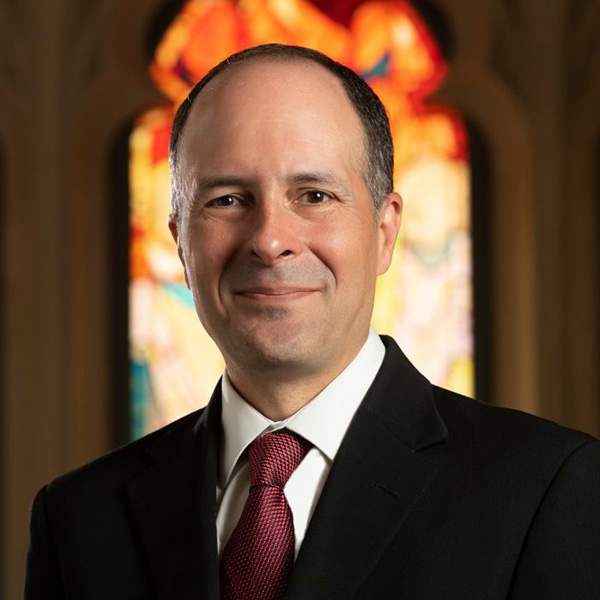Seven years ago, I moved to Boston from San Francisco for a job at Reservoir Church: to be a pastor, to preach, to lead a flock of Jesus followers to deeper faith. It was a great fit.
Yet a few years into the role, I experienced a season of uncertainty about my faith, mixed in with a bit of anger toward God and the injustice I saw in the world. A healthy amount of this is usually fine, but this time it pushed me toward indifference, which is the hardest place to preach from.
I’d think, “What’s the point of patting ourselves on the back and navel gazing on Sundays when the world is burning Monday through Saturday?” Sunday morning worship service felt like a tired, boring routine. Preaching was the last thing I wanted to do.
Thankfully, I was in a team ministry setting and was able to share my difficulty with the senior pastor. They graciously took on more preaching slots and I took a break from preaching for about six months. I was able to come back from the break refreshed and ready to preach again.
Pastors are human. But sometimes it feels as though, as a pastor, you’re not allowed to have a season of suffering or despair. You have one job: Keep the faith. So what are you supposed to do when you fall out of faith as a faith leader?
The reality is that most of us can’t just quit in these seasons. We can’t uproot our family again. We need the money. Pastors also need to be authentic, so it’s hard to just “fake it till you make it.” And not everyone is able to take the kind of break that helped me get back on track.
How are we supposed to preach with hope and conviction when we go through seasons of no hope and no conviction? I have some ideas — hacks and tips to get through the rough patches when we are going through our own suffering and when personal struggles creep into work. Here are some strategies:
Tell stories that are not your own. Don’t talk about yourself. We can preach from scars but not open wounds, right? So set yourself aside and go to someone else. Biographies and autobiographies are great. Maybe you even relate to them in a deep way. But you don’t have to put yourself in a place of vulnerability if it doesn’t feel comfortable. The backstory of any household name is bound to have interesting turns for sermon story gems.
Tell one story that is really alive in you. Vulnerability is a powerful tool when you share with care. Sometimes you can create some distance by making it clear that a story happened in the past — you don’t have to say it was just last week! Start with, “There was this one time when I….” It’s not dishonest. It’s creative freedom for the craft!
End the sermon with questions, not answers. You don’t have hope or answers? Great! Usually, if we’re honest, it’s not our words that are convicting listeners’ hearts. Their greatest takeaway from our sermons is their own reflection about their lives. So give them that space and that gift. Ask them questions. Then give them silence to answer those questions in their mind. Ask, “I wonder what it would look like for you to…” or “How have you been feeling about how God is showing up in your life?” While they’re silently reflecting, take two deep breaths for yourself. The Spirit is doing the work, not you. Let the silence work the magic.
Think of one person you want to preach to rather than a whole crowd. If you ever run short of preaching material, meet with people one on one and ask them for their life stories. What is the good news they need to hear? It helps to focus on one person and their current experience (and not your current experience). Run the gospel through their life and their lens. (Because running it through your life right now would be just too raw). You won’t need to worry about what God is saying to you and through you (because frankly you may not be able to hear God in your suffering right now). Instead, ponder what God might be saying to this one specific other person.
Be kind to yourself in your suffering and preach gently. You may be a servant leader, but it’s also a job. There is a sustainable way to preach the good news when you’re living through bad news. The role of a pastor isn’t just to have hope and answers. It’s also to sustain yourself and others through the valleys of faith.
When I am struggling, I think of advice about preaching I got from my father, who was a pastor all his life. He told me, “You can’t always hit a home run. Sometimes you just gotta hit the ball to just get to the next base.”
What are you supposed to do when you fall out of faith as a faith leader?
























